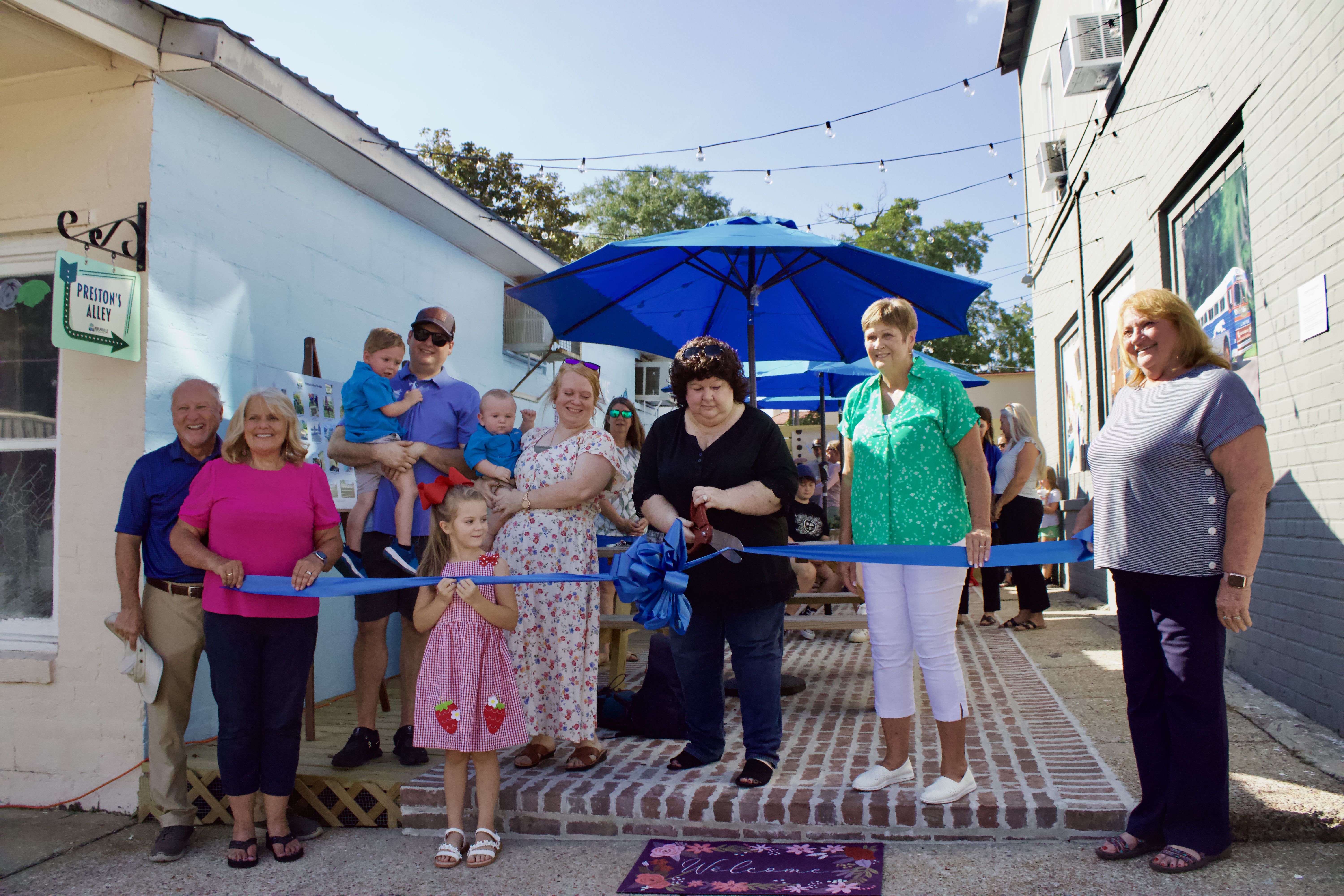Diet, climate likely causes of South’s high kidney stone rate
Published 4:30 pm Tuesday, August 29, 2006
Salt cured country ham and iced tea on hot summer days may spell extra pain for Southerners.
Medical experts say kidney stones are more common in Southerners thanks to dehydration from hot weather and diets rich in meat, salt, tea and other foods that may lead to kidney stones.
“There’s a ‘stone belt’ that covers the Southeast and we’re the buckle,” said Dr. David Schull, chief of urology at Saint Thomas Hospital in Nashville. “There’s a lot of it around here. There’s no doubt. It’s a regional phenomenon.”
Trending
About 10 percent of Americans can expect to pass a kidney stone at some point in their life. The probability jumps to 15 percent for people who live in the South.
No one knows exactly what causes kidney stones to form, but experts agree diet and dehydration play a large role.
Stones typically form when minerals and other substances in urine crystallize inside the kidney. When people don’t consume enough liquids, their urine is more likely to have higher concentrations of such substances.
Foods such as meat, salt, tea, spinach, chocolate and nuts also contain kidney stone-causing substances, which may spur the development of stones, says Dr. Matthew Hassan, a urologist with Urology Associates in Franklin.
Symptoms of kidney stones include sharp pains in the back or side as the stones work their way to the bladder. Other symptoms include nausea, vomiting, bloody urine and a constant urge to urinate.
Most stones will pass through a person’s body on their own within a few weeks because they are small — no larger than the tip of a pencil.
Trending
Larger stones that don’t pass naturally are broken up either with shock waves or lasers.
Medical experts say the best way to avoid getting kidney stones is to drink plenty of fluids, especially water, to prevent dehydration. Adding lemon to water may help because the acidic nature of lemon will dissolve crystal formations
People are also advised to eliminate salt from their diet because it may cause crystals to build up in the urine.
Bob McKinney, 48, of Brentwood said the pain from a kidney stone he developed five years ago was so bad he could barely walk. After a couple of days, he passed it from his body on his own.
“It kind of feels like something stabbing you,” he said. “I wouldn’t wish it on my worst enemy.”





